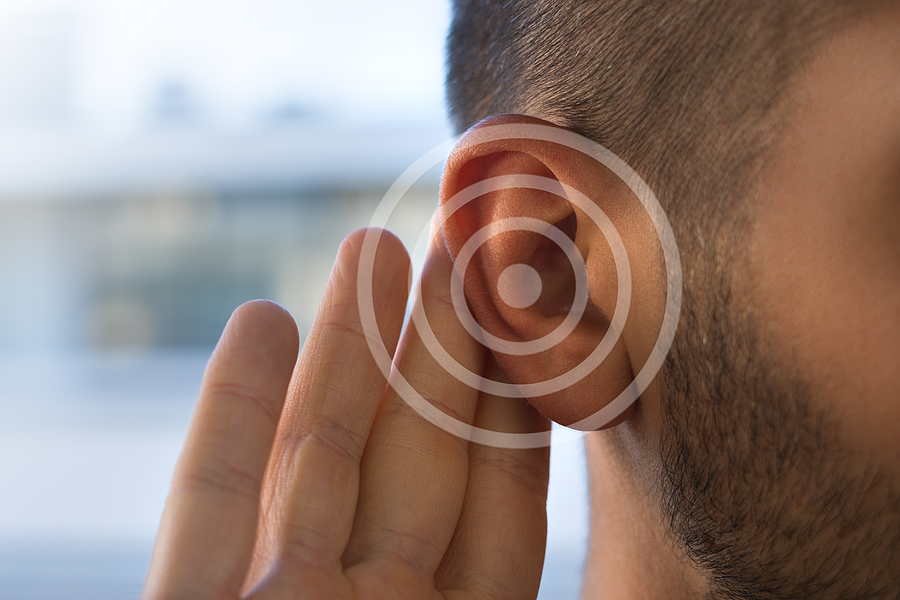A Personal Perspective on Cancer and Aviation
I will always remember the first time I was confronted by the specter of cancer and the notion that my health, and that of my closest friends and family, did not come with a guarantee.
I was in my late 20s—still flying fighter planes and emotionally confident in the assurance that my destiny would be determined by my own force of will. I had lost friends to accidents and mourned the loss of family members from older generations. Intellectually, I knew I was not invincible, but my sense of control was unshaken.
Then my closest friend from college called with unexpected news: he had been diagnosed with testicular cancer. Like most men in the same situation, he sought treatment in time for doctors to intervene, and his cancer never went on to cause significant symptoms, much less shorten his life expectancy.
Nonetheless, his experience changed my worldview. Cancer was no longer something that only my parents and their friends talked about. Perfect health could not be assured by clean living and exercise. If it could happen to him, it could happen to me.
Testicular Cancer: A Unique Risk for Young Men
Many of my friends and colleagues have shared similar experiences, and statistics bear that out.
Considering all cancers as a group, age is the most significant risk factor, with diagnosis rates rising dramatically in the 50s and 60s [1]. This trend holds for all common malignancies, including breast, prostate, lung, and gastrointestinal cancers [2].
Testicular cancer is different. Even though it does not rank among the top 10 most common cancers, it is the most frequently diagnosed malignancy in men younger than 35 and has one of the highest survival rates [3].
For young adults, this means they are more likely to experience testicular cancer personally or know a peer who has been diagnosed. Given its high survival rates and relatively short recovery times, many survivors return to work quickly and continue their careers without complications.
Easy for office workers. What about pilots?
FAA Medical Certification and Testicular Cancer
If you have instinctively concluded that the FAA will scrutinize your medical certificate application as a cancer survivor, you are correct.
Even though testicular cancer is not on the FAA’s list of specifically disqualifying conditions, any cancer diagnosis requires additional review. However, the FAA has made the process transparent by including testicular cancer under CACI (Conditions AMEs Can Issue) criteria.
If you have fully recovered from treatment and your AME (Aviation Medical Examiner) knows the process, you can often leave your exam with a valid medical certificate the same day.
FAA CACI Criteria for Testicular Cancer
Your eligibility depends on how long it has been since your treatment:
More than 5 years since treatment? No additional documentation is required. Your AME can issue your certificate on the spot.
Still undergoing treatment or cancer has metastasized? If you are still undergoing treatment or your doctors have determined that your testicular cancer has spread to other areas of your body, the FAA will require a significant amount of additional paperwork, specialized studies, and careful consideration by the Aerospace Medical Certification Division (AMCD) at its headquarters in Oklahoma City.
Recovered within the past 5 years? In between those two extremes is where CACI Criteria come into play. If you have been treated for testicular cancer and recovered within the past five years, your AME can STILL issue your certificate under certain conditions. You will need to provide your examiner with a current detailed progress note from your treating physician that provides enough detail to determine the following:
- Your condition is stable.
- The cancer has not spread (no metastasis).
- You have completed chemotherapy or radiation.
- No additional treatment is anticipated.
- You have fully recovered from surgery and are off pain medications.
Provided you meet those conditions, your AME can still provide your medical certificate immediately after your examination without waiting for further review by the FAA.
How to Ensure a Smooth FAA Medical Exam
No matter when your testicular cancer was diagnosed or how it was treated, you should still read some AME reviews before scheduling your appointment. Better yet – discuss your condition with your examiner or consult us ahead of time to make sure it all goes smoothly. Understanding your AME’s role in the certification process will help to resolve the uncertainty that many pilots feel approaching their certification appointment. It can also make the whole process go faster by months or more.
To increase your chances of a hassle-free certification:
- Gather medical records: Obtain a detailed progress note from your treating physician.
- Choose an experienced AME: Some AMEs are more familiar with CACI criteria than others.
- Consult an aviation medical expert: If you have questions about your case, reach out ahead of time to avoid unnecessary delays.
Final Thoughts: Returning to the Cockpit After Testicular Cancer
A testicular cancer diagnosis might change the way you think about life, but once you have been treated, it does not need to change the way you think about flying.
Understanding FAA medical certification rules and CACI criteria can make the process smoother and help you return to the skies with confidence.
References
[1] “Risk Factors: Age – NCI,” Apr. 29, 2015. Cancer.gov (accessed Jul. 27, 2022).
[2] “Common Cancer Types – NCI,” Apr. 21, 2015. Cancer.gov (accessed Jul. 27, 2022).
[3] R. L. Siegel, K. D. Miller, H. E. Fuchs, and A. Jemal, “Cancer statistics, 2022,” CA Cancer J Clin, vol. 72, no. 1, pp. 7–33, Jan. 2022. DOI: 10.3322/caac.21708.





